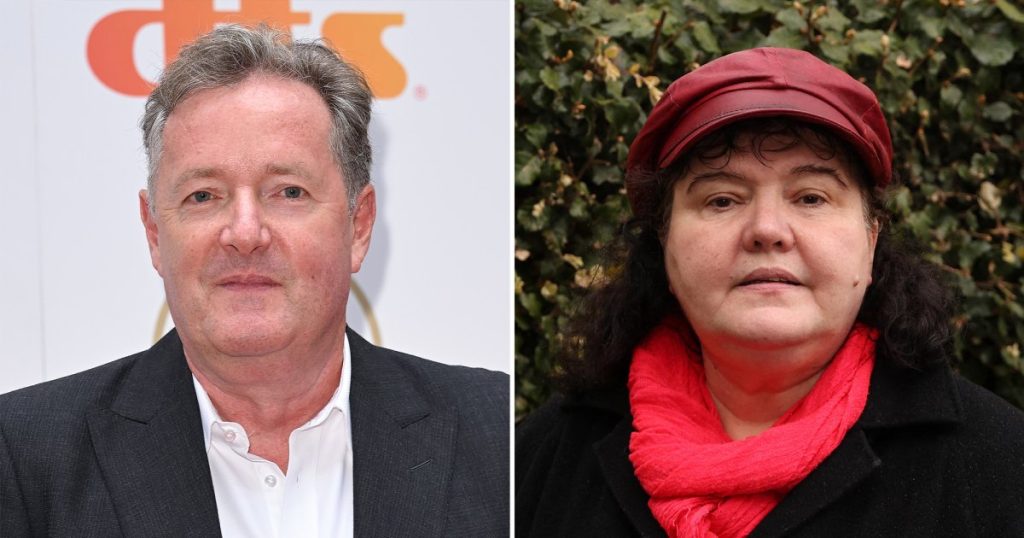Piers Morgan believes that Fiona Harvey, who is said to be the real-life inspiration for the stalker Martha in the television series Baby Reindeer, was let down by Netflix. He mentioned that accusing someone of being a convicted stalker when they are not is a serious mistake and criticized Netflix for their duty of care towards Harvey. Harvey denied the events depicted in the show, claiming that it is a work of fiction and that she did not send 41,000 emails and 350 voicemails to Richard Gadd, the creator of the show.
Morgan’s decision to interview Harvey on his YouTube channel faced criticism, with some accusing him of exploiting a vulnerable person for views. He defended his actions, stating that it was one of the biggest things he had been involved in and that he operates a YouTube channel to attract viewers. Harvey claimed that she was offered £250 for the appearance and plans to seek further compensation, stating that she would settle for a million pounds. Morgan responded by saying that she would not receive a million pounds for the interview and mentioned that they had provided her with a haircut, a car, and other amenities.
Harvey indicated that she will also seek the same amount of money from Netflix, stating that politicians will be involved if the show does not comply with her demands. Richard Gadd, the creator of Baby Reindeer, emphasized that the show is based on truth but exists in a fictional realm. He clarified that he did not intend for the real-life people who inspired the show to be identified, and he does not want speculation about their identities. Gadd defended the director of the show against speculation that he inspired a plotline about sexual abuse, urging viewers not to engage in guessing the identities of real-life people.
Overall, the situation involving Fiona Harvey, Piers Morgan, and the creators of Baby Reindeer is a complex one. Harvey denies the claims made about her in the show, while Morgan faces backlash for his decision to interview her. The dispute brings up questions about duty of care, exploitation, and the blurred lines between reality and fiction in the entertainment industry. Additionally, it sheds light on the power dynamics and financial aspects involved in media appearances and the potential consequences of sharing personal stories on a public platform. The conflicting perspectives of the individuals involved highlight the need for transparency, ethical considerations, and fair treatment in the media landscape.


